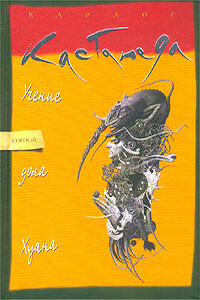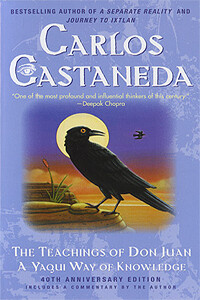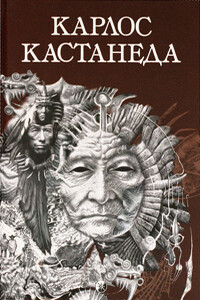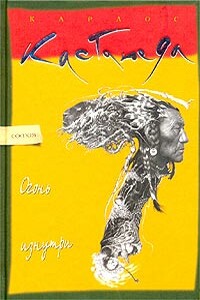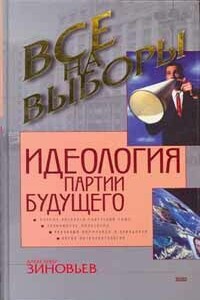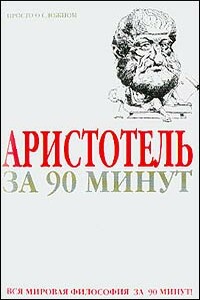Учения дона Хуана: Знание индейцев Яки | страница 2
At the same time all this was happening, I had the good fortune of attending classes with Professor Harold Garfinkel of the Sociology Department at UCLA. He supplied me with the most extraordinary ethnomethodological paradigm, in which the practical actions of everyday life were a bona fide subject for philosophical discourse; and any phenomenon being researched had to be examined in its own light and according to its own regulations and consistencies. If there were any laws or rules to be exacted, those laws and rules would have to be proper to the phenomenon itself. Therefore, the practical actions of shamans, viewed as a coherent system with its own regulations and configurations, were a solid subject for serious inquiry. Such an inquiry didn't have to be subject to theories built a priori, or to comparisons with material obtained under the auspices of a different philosophical rationale.
Under the influence of these two professors, I became deeply involved in my field work. My two driving forces, drawn from my contact with those two men, were: that there was very little time left for the thought processes of the Native American cultures to remain standing before everything was going to be obliterated into the mishmash of modern technology; and that the phenomenon under observation, whatever it may have been, was a bona fide subject for inquiry, and deserved my utmost care and seriousness.
I dove into my field work so deeply that I am sure that in the end, I disappointed the very people who were sponsoring me. I ended up in a field that was no man's land. It was not the subject of anthropology or sociology, or philosophy, or religion, for that matter. I had followed the phenomena's own regulations and configurations, but I didn't have the ability to emerge at a safe place. Therefore, I compromised my total effort by falling off the adequate academic scales for measuring its worth or its lack of it.
The irreducible description of what I did in the field would be to say that the Yaqui Indian sorcerer, don Juan Matus, introduced me into the cognition of the shamans of ancient Mexico. By cognition, it is meant the processes responsible for the awareness of everyday life, processes which include memory, experience, perception, and the expert use of any given syntax. The idea of cognition was, at that time, my most powerful stumbling block. It was inconceivable for me, as an educated Western man, that
